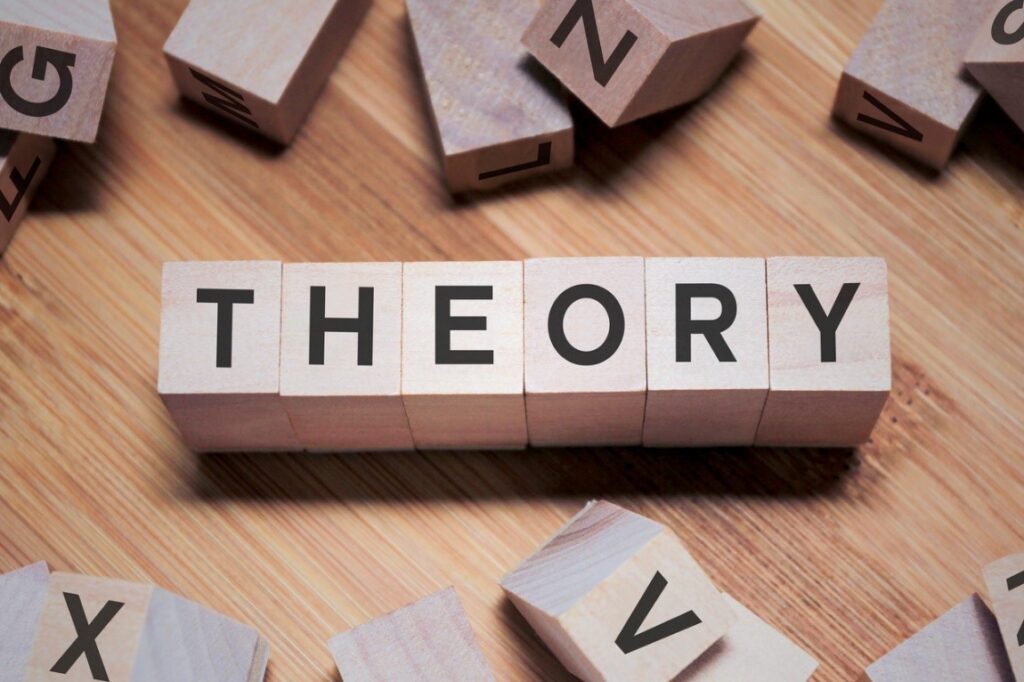Self-determination theory is a motivational theory that assume that three main innate psychological needs for competence, autonomy, and relatedness are the components that motivate individuals to act. Social contexts and individual differences that prevent these three needs are associated with poor motivation, performance and well-being. This theory goes into many aspects of human life and motivation more generally; however, it is also used as a theory to explain why individuals perform well at work and feel happy with their workplace as the tenets are the same for motivation at work.

Motivational theories generally believe individuals initiate and persist at behaviours to the extent that they believe the behaviours will lead to desired outcomes or goals. Self-determination theory argues that individuals will continue to work towards goals when they are intrinsically or have internalised extrinsic motivation. These types of motivation are much more likely to be present if individuals have their basic needs are met (competence, autonomy, and relatedness). The theory delineates extrinsic and intrinsic motivation, ideally satisfying the basic needs will lead to higher levels of internalised motivation.
“Intrinsically motivated behaviours are those that are freely engaged out of interest without the necessity of separable consequences, and, to be maintained, they require satisfaction of the needs for autonomy and competence” (Deci and Ryan, 2000, p.233)
Intrinsic motivation is hard to come by for work (unless you are a professional pianist or an Olympic athlete), reaching a state of pure enjoyment or ‘flow’ (Csikszentmihalyi, 1975) at work is difficult. Thus, internalised motivation is a more realistic point to aim for, this involves identifying with the importance of the behaviours and integrating them with other aspects of the self. As an organisation, you would ideally have a workforce that has internalised the values and goals of the organisation as their own. Figure 2 shows the scale of extrinsic motivation and how to move from external regulation (reward and punishment) through introjected (ego involvement), to integrated and internalised forms of motivation.

If an individual feels they have their three innate psychological needs met at work, then the process along the motivation continuum would occur more effectively as they would actively synthesise cultural demands, values, and regulations and to incorporate them into the self. The employees would work towards the same goals of the organisation as if they were their own and have an internal sense of motivation rather than needing external forces to motivate them. An organisation, therefore, should attempt to maximise these three needs to create a motivated happy workforce.
“Social contexts and individual differences that support satisfaction of the basic needs facilitate natural growth processes including intrinsically motivated behaviour and integration of extrinsic motivations, whereas those that forestall autonomy, competence, or relatedness are associated with poorer motivation, performance, and well-being” (Deci and Ryan, 2000, p.227)
